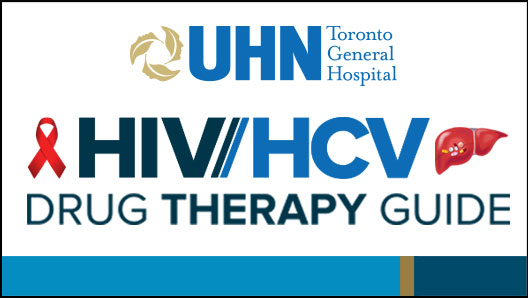Evidence-based Pharmacotherapy Presentations
Objective:
To present a patient and discuss their disease state (s) and drug management in a manner that is clear, concise and interesting.
Format:
This is a presentation of an interesting or controversial pharmacotherapy issue within a specialty area. The topic should be a specific question that relates to drug therapy. It should not be a general overview of an entire disease state.
Principles of evidence-based medicine are used to support current management strategies or standards of practice regarding this therapeutic issue.
One to two key articles or studies (e.g., “landmark studies”) that relate to the issue should be selected for in-depth discussion
Discuss how the findings from the literature answer the therapeutic problem, and how the data can be applied to clinical practice.
Also critique and discuss limitations of the literature, and identify areas where there are still unanswered questions.
Parameters:
- Delivery
- should be well organized
- should have good eye contact with audience
- should be enthusiastic about the material presented
- pace should be slow enough for understanding but quick enough to prevent inattention.
- content is delivered completely within the time allotted.
- Content
- presentation of the patient should be concise; an actual or hypothetical case may be used to illustrate the issue
- should be able to explain the context of the pharmacotherapeutic question (e.g., how relevant this issue is in practice, how it fits into the overall management approach)
- should demonstrate a thorough understanding of the pharmacotherapeutic issue, including pathophysiology and pharmacology
- is able to use principles of evidence-based medicine to critique literature
- is able to extrapolate and apply findings to appropriate clinical situations
- handles questions easily
- Handouts and Visual Aids
- handouts should be organized and well referenced
- overheads should be uncluttered, easily read and understood
- use of the pointer/ board should be natural, not awkward
Sample Case Scenario
Pre-Reading for Evidence-Based Pharmacotherapy Presentation:Scenario:
You are a clinical pharmacist in an ambulatory area. Your first patient is a 65 year old white male with multiple medical problems referred to you by Internal Medicine Clinic for management of fluid overload. RJ has a longstanding history of New York Heart Association Class III congestive heart failure (ejection fraction of 30%), coronary artery disease (myocardial infarction 1995, 4 vessel CABG 1995), dyslipidemia and hypertension.
The patient was prescribed furosemide 80 m po qam and 80 mg po qpm. Since the new regimen, he states he is feeling much better, has lost 10 lbs, and can now wear his regular shoes. He states that he can now sleep in his bed with 2 pillows only.
On physical exam:
- B/P: 130/64 Heart: S1, S2 + S3, no murmurs
- HR: 96 regular Lungs: Clear
- Lower extremity edema: 1+ pitting edema
- How would you manage this patient? Would you recommend a beta-blocker?
Reference:
CIBIS-II Investigators and Committees. The Cardiac Insufficiency Bisoprolol Study II (CIBIS-II): a randomised trial. Lancet 1999;353:9-13.
Comments for Evidence-Based Pharmacotherapy Presentations*
-
Question and scenario
- From the scenario, provide a brief overview of the problem
- What is the context of the question? Is this a controversial issue; if so, why?
- Answer the question based on the scenario only; this will direct you and narrow the focus
-
The evidence
- Remember, this is not a general therapeutic review; keep in mind that you have a question to answer as it pertains to a patient: what is your decision based on?
- Select a few (even one) of the best studies to support your answer
- Do not refer to tertiary literature such as review articles to support your answer
- Highlight the important sections (i.e., relevant evidence) that answer your question
-
Clinical bottom line
- What are you going to do? Pretend that you are on rounds and you are providing an answer to the attending physician; how would you do this?
- Be specific in your recommendations if possible; for example, if you are recommending a drug, make sure it is available in Canada, provide dose, route, duration of therapy, etc.
- If there is insufficient evidence in the literature, then say so
-
Comments
- Is your recommendation/bottom line consistent with general standards of practice in that specialty area? (e.g., have similar recommendations been included in recent guidelines or standards of care?)
- Are there are any other considerations which may impact upon your decision?
- Are there certain patient populations where this recommendation would need to be modified?
- Identify areas where there are still unanswered questions; may suggest further research needs
-
References
- If possible, try to use 1 or 2 major references
*Adapted from: Foisy M. Comments for Critters. Pharm.D. Program Advanced Therapeutics, 1995.


